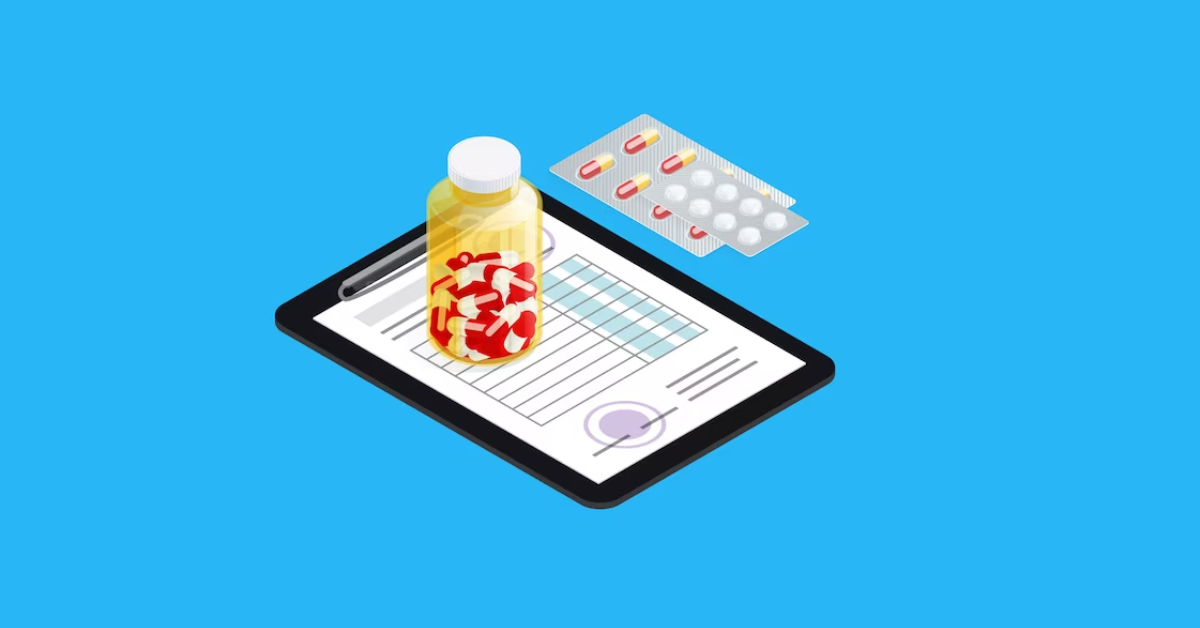Not every doctor is corrupt, and not every pharmaceutical firm resorts to unethical means to sell their products. However, there is no denying that a large number of doctors and medical companies use unfair means. Even the Supreme Court frowned at the expenses incurred in the sales promotion of certain medicines. The Hon'ble Supreme Court in the case of Apex Laboratories (P.) Ltd. 135 taxmann.com 286 (SC), vide order dated February 22, 2022, held that since acceptance of freebies by medical practitioners was punishable as per Circular issued by the Medical Council of India under MCI regulations, 2002, gifting of such freebies by the assessee pharmaceutical company to medical practitioners would also be prohibited by law, and thus, expenditure incurred in the distribution of such freebies would not be allowed as a deduction in terms of Explanation 1 to Section 37(1) of the Income Tax Act.

Now consider the case of a pharma trading assessee
A. Sales of assessee: Rs. 4.6 crore
B. GP: Rs. 1 Cr
C. Amount paid as commission to doctors: Rs. 50 lakhs
The figures tell a story, and Circular No. 5 of 2012, dated August 1, 2012, prohibits the aforesaid commission payments since they are in violation of the provisions of the Indian Medical Council (Professional Conduct, Etiquette, and Ethics) Regulation, 2002, and therefore are not admissible under Section 37 of the Act.
Nonetheless, let's understand the argument of the assessee
A. The circular speaks about freebies, and the same is not applicable to the case of the assessee, as the commission expenditure cannot be termed a freebie for doctors from pharmaceutical retail stores.
B. The aforesaid circular is applicable to the pharmaceutical industry, and hence, the assessee is not covered within the scope of the aforesaid circular.
However, it needs to be noted that cash or monetary expenses, which are not for any research, study, etc. through approved institutions, paid by the "allied health sector," are also included in the ambit of the circular. Further, the question is, 'What is the consulting service rendered by the doctor' to the pharma trading taxpayer? The mere fact of calling an activity a consulting activity and deducting TDS from the payment serves no purpose. On the contrary, the fact that the sales of the pharmacy were dependent primarily on the prescriptions made by the doctors to whom the commission was paid points to the fact that the payment was in substance a sales promotion payment. Hence, it was held in the case of SUNFLOWER PHARMACY vs. INCOME TAX OFFICER [2023-VIL-1396-ITAT-AHM] that it was apparent that the Medical Council of India, in exercise of the powers vested in it under the Indian Medical Council (Professional Conduct, Etiquette, and Ethics) Regulations, 2002, imposed a prohibition on any medical practitioner or their professional associates from accepting any gift, travel facility, hospitality, cash, or monetary grant from any pharmaceutical and allied health sector industries. This is a very salutary regulation that is in the interest of patients and the public, and hence, once this comes into play, disallowance under Section 37 of the Income Tax Act is invoked. These payments would thus be disallowed.






 CAclubindia
CAclubindia

